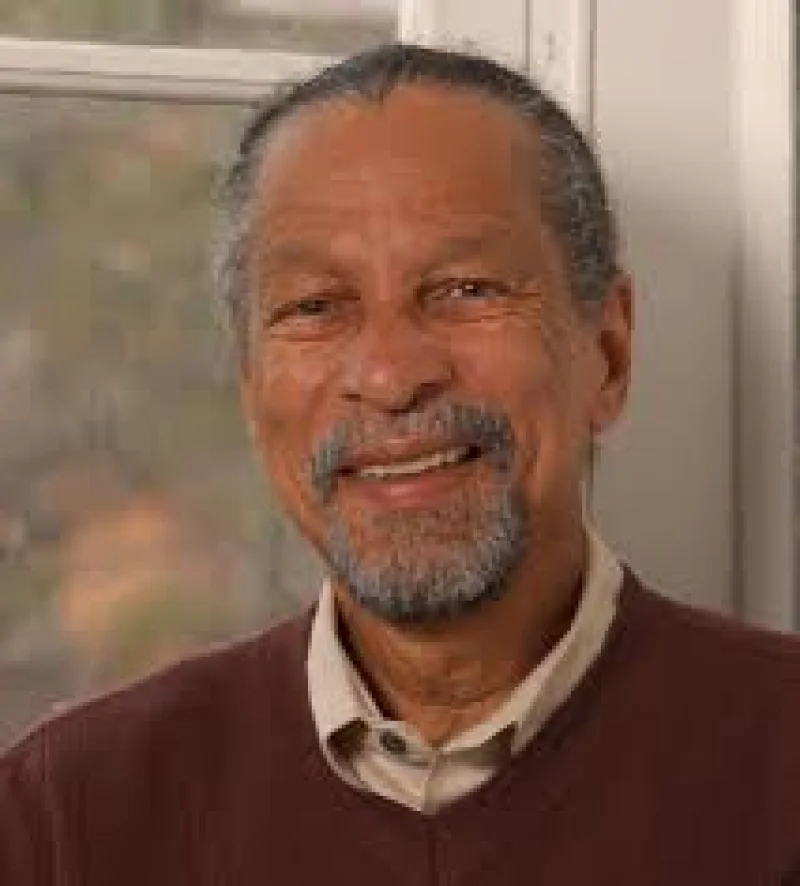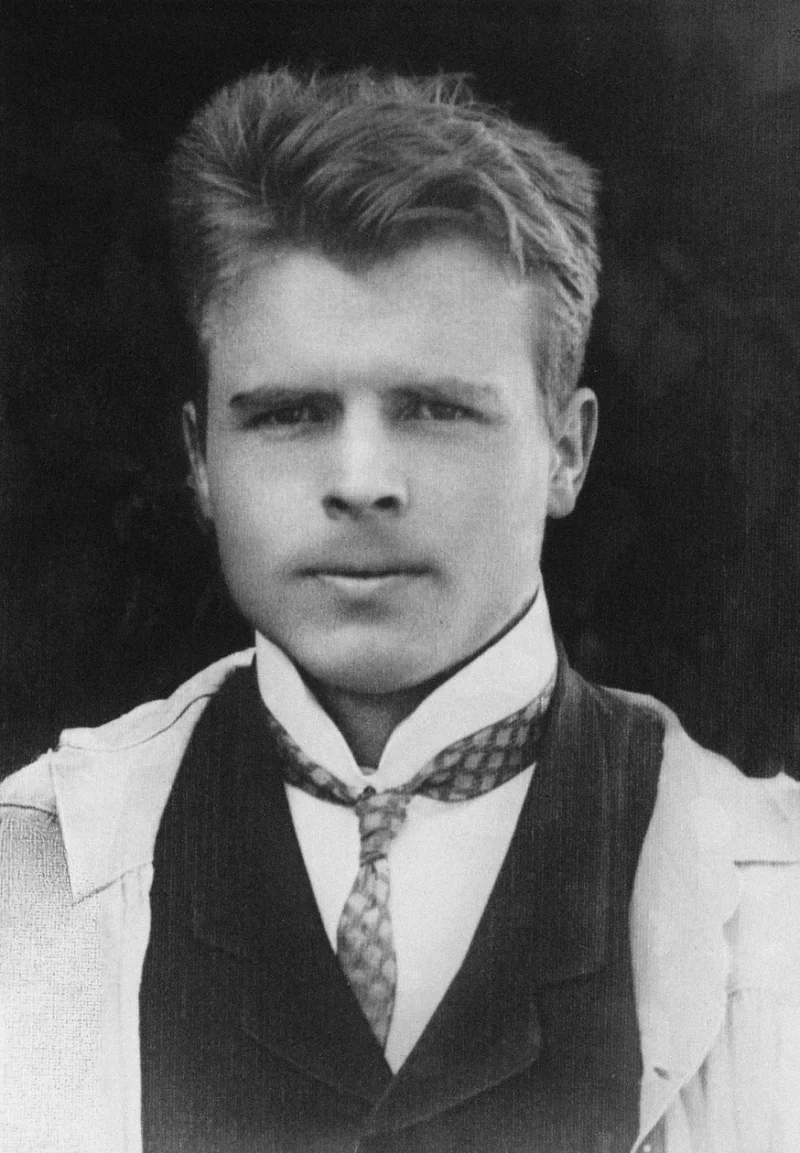Short Summary
Hendrik Antoon Lorentz was a distinguished Dutch physicist renowned for his groundbreaking work in electromagnetism and theoretical physics. He is most famous for formulating the Lorentz transformations, which laid the essential groundwork for Albert Einstein's theory of special relativity. Lorentz's contributions to physics earned him the Nobel Prize in Physics in 1902, shared with Pieter Zeeman. His work has had a lasting impact on the understanding of electromagnetic phenomena and the nature of space and time.
Early Life & Education
Hendrik Lorentz was born on July 18, 1853, in Arnhem, Netherlands, into a family that encouraged intellectual exploration. His father, Gerrit Frederik Lorentz, was a well-to-do nurseryman, and his mother, Geertruida van Ginkel, passed away when he was only four years old. Despite this early loss, Lorentz thrived academically, showing a remarkable aptitude for mathematics and science. He attended the University of Leiden, where he studied physics and graduated with distinction in 1875. His rigorous education provided a solid foundation that would support his future scientific endeavors.
Career Highlights
After completing his education, Lorentz began his career as a teacher but soon transitioned to academia, becoming a professor of theoretical physics at the University of Leiden in 1878. His tenure at Leiden was marked by significant scientific contributions, particularly in the study of electromagnetism. Lorentz developed the electron theory of matter, which explained how electric and magnetic fields interact with charged particles. His work on the Lorentz force and Lorentz transformations became critical components in the development of modern physics. He continued to influence the field through his research and mentorship until his retirement in 1912.
Major Achievements
- Nobel Prize in Physics (1902): Awarded for his research into the influence of magnetism on radiation phenomena.
- Lorentz Transformations: Developed the mathematical framework that underpins Einstein's theory of special relativity.
- Electron Theory: Proposed the theory explaining the interaction between electromagnetic fields and matter.
- Lorentz Force: Defined the force experienced by a charged particle moving through an electromagnetic field.
Famous Quotes
- "I have always endeavored to listen to the voice of the spirit."
- "It is a good morning exercise for a research scientist to discard a pet hypothesis every day before breakfast. It keeps him young."
Interesting Facts
- Lorentz was a mentor to Albert Einstein and served as a significant influence on the development of the theory of relativity.
- He played a key role in the establishment of the Solvay Conferences, which brought together the world's leading scientists to discuss key scientific challenges.
- Lorentz was known for his diplomatic skills and ability to foster collaboration among scientists from different nations.
- In 1923, he was appointed chairman of the Committee for the Study of the Inundation of the Zuiderzee, showcasing his diverse interests and expertise.
Legacy / Influence
Hendrik Lorentz's work on electromagnetism and theoretical physics has had a profound impact on the scientific community. His Lorentz transformations have become a cornerstone in the theory of relativity, influencing generations of physicists. His dedication to scientific inquiry and collaboration continues to inspire researchers, ensuring his place as a pivotal figure in the history of science.
FAQ
Q: Why is Hendrik Antoon Lorentz famous?
A: He is famous for developing the Lorentz transformations and his contributions to the theory of electromagnetism.
Q: What was Lorentz's most significant scientific contribution?
A: His most significant contribution was the Lorentz transformations, which are fundamental to the theory of special relativity.
Q: Did Lorentz receive any awards for his work?
A: Yes, he was awarded the Nobel Prize in Physics in 1902, shared with Pieter Zeeman.
Q: How did Lorentz influence Albert Einstein?
A: Lorentz's work on electromagnetism and his transformations were foundational to Einstein's development of the theory of relativity.













